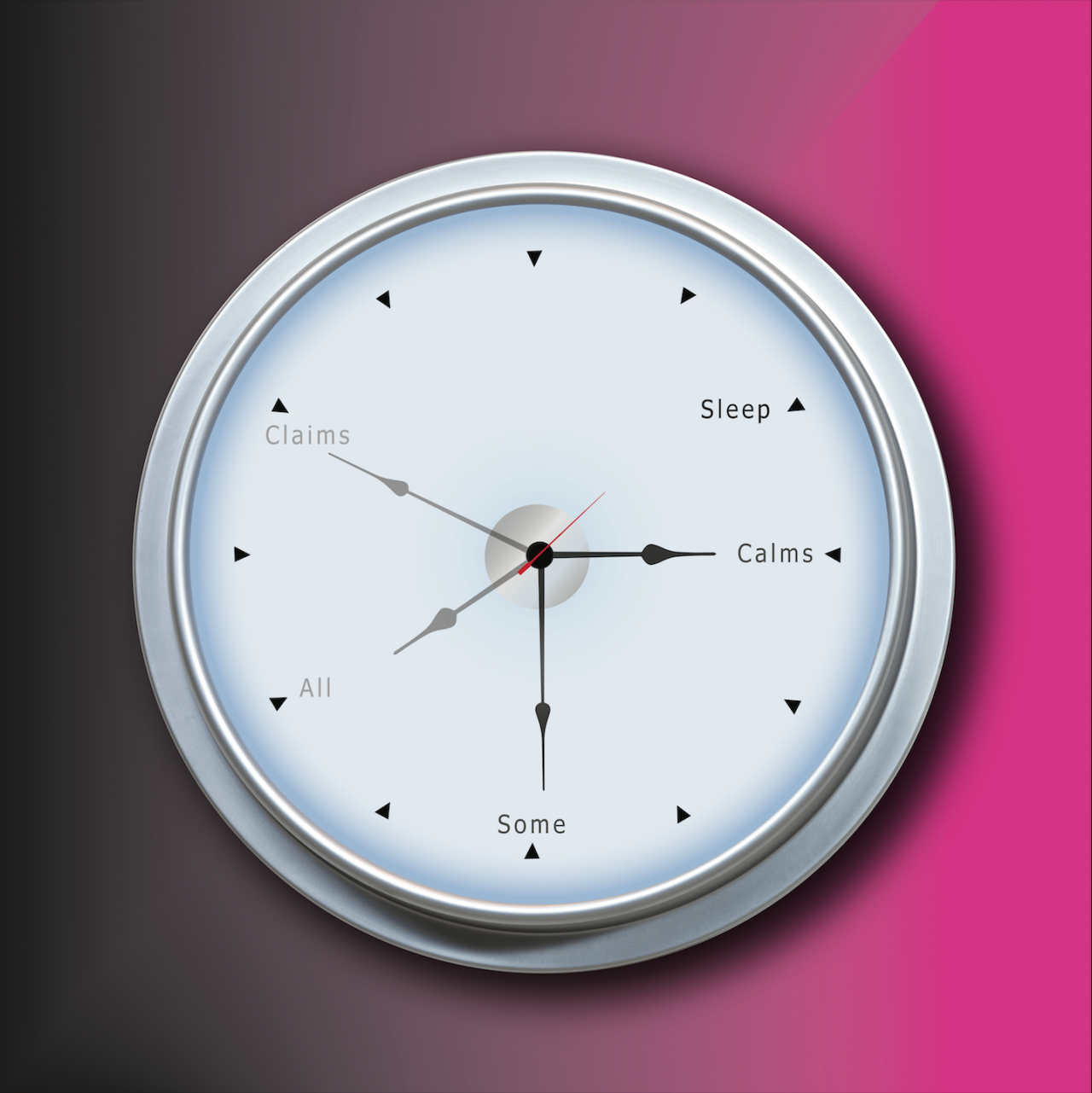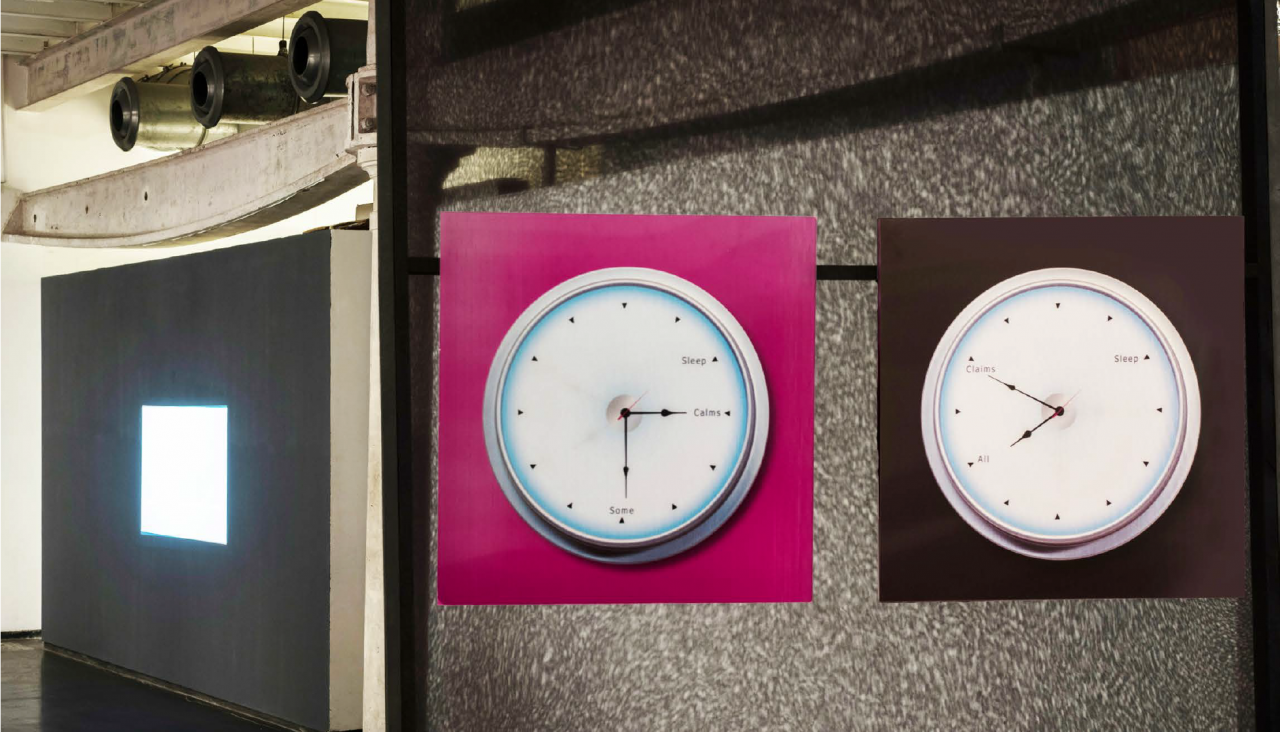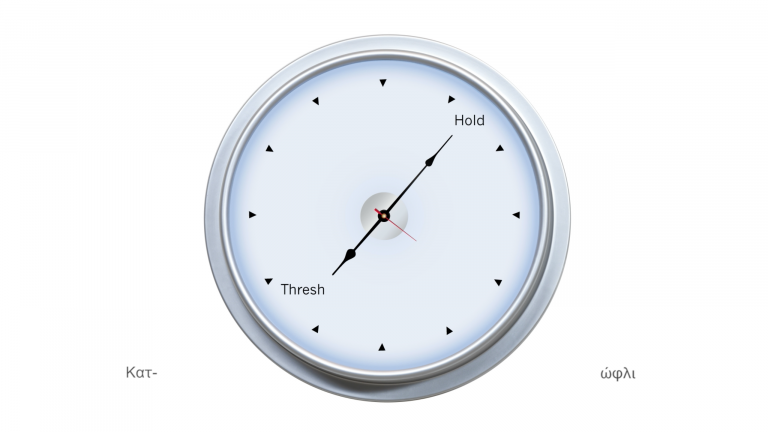Whenever the Heart Skips a Beat | 4 min 31 seconds
Animated Horological Video, Words
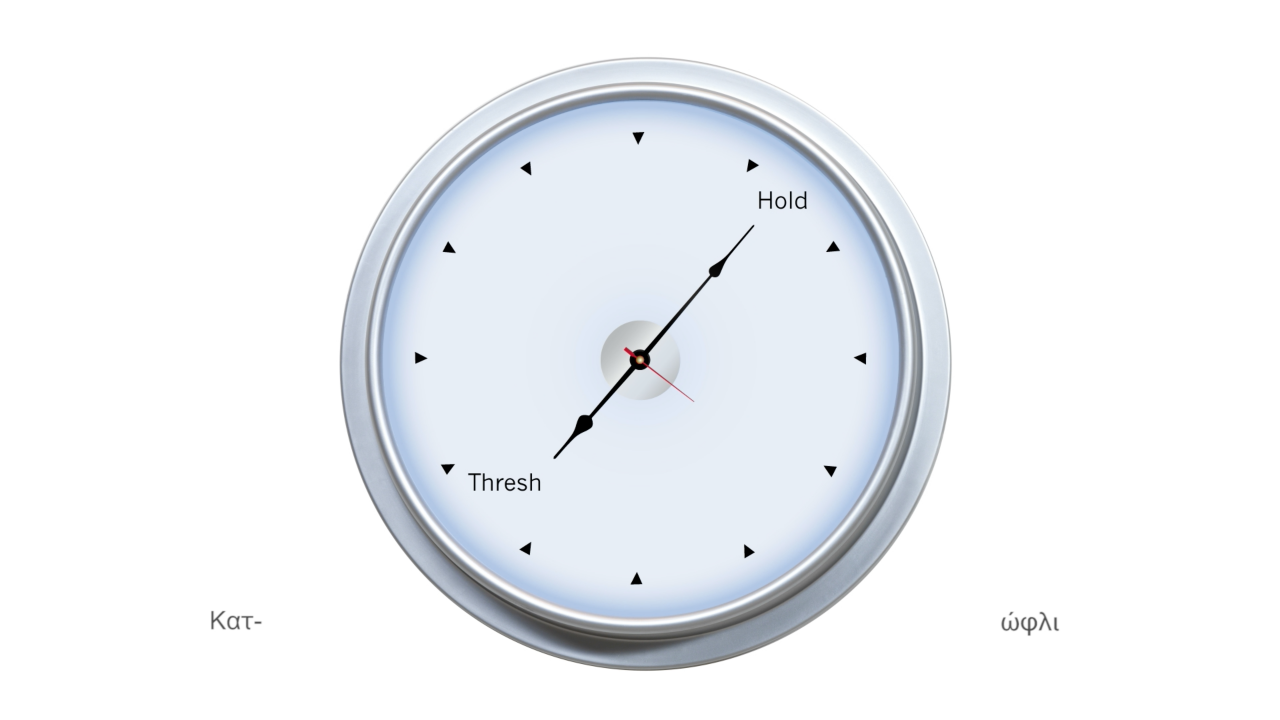
Whenever we are transformed, the heart skips a beat. Whenever the heart skips a beat, we are re-arranged inside. In the eloquent silences that syncopate the tumult and drumbeat of our sense of the world, the heart tarries. In that silence, the senses wander, and sentience watches itself, sometimes alert, sometimes astray. The heart skips a beat, the mind makes a move, the body replies. What begins with our eyes, travels to the brain, courses to our heart and then returns to our eyes. We become the words we think we feel.
Whenever the Heart Skips a Beat – an animated video showing a clock-face that features a set of eleven words instead of numbers in order to represent the hours. The words are an array of adjectives and nouns that qualify each other, flying across the face of the clock, arranging and rearranging themselves, producing constant permutations and combinations of states of mind and being through the actions of the hour and minute hands that join any two words at different points of time.
The lexical patterns produced by this process register a deeply felt, subjective experience of time and duration. This work grows out of Raqs Media Collective’s continued pre-occupation with time and with the metaphorical possibilities of horology. It updates and annotates their earlier experiment with clocks, feelings and words – Escapement.
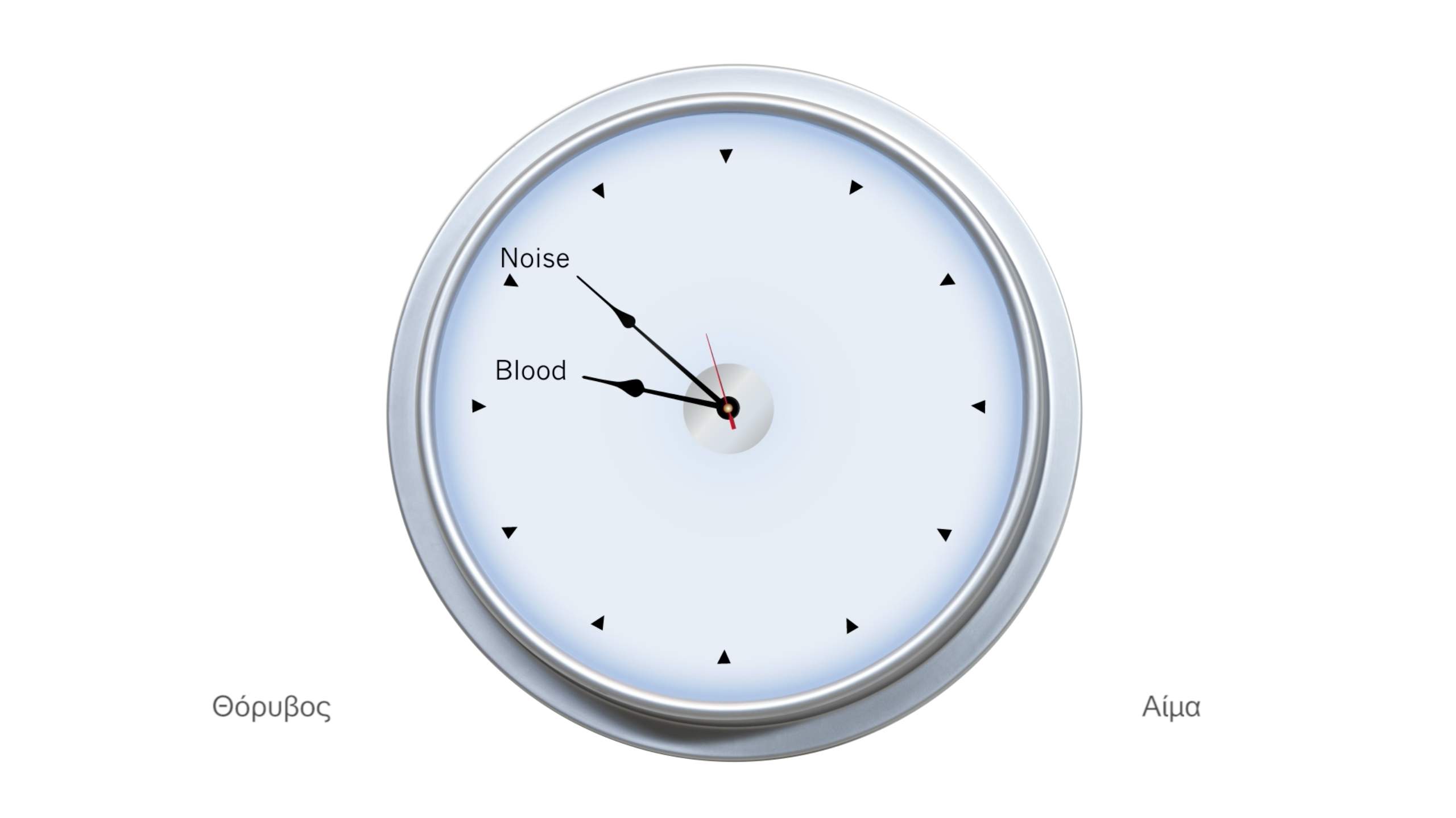

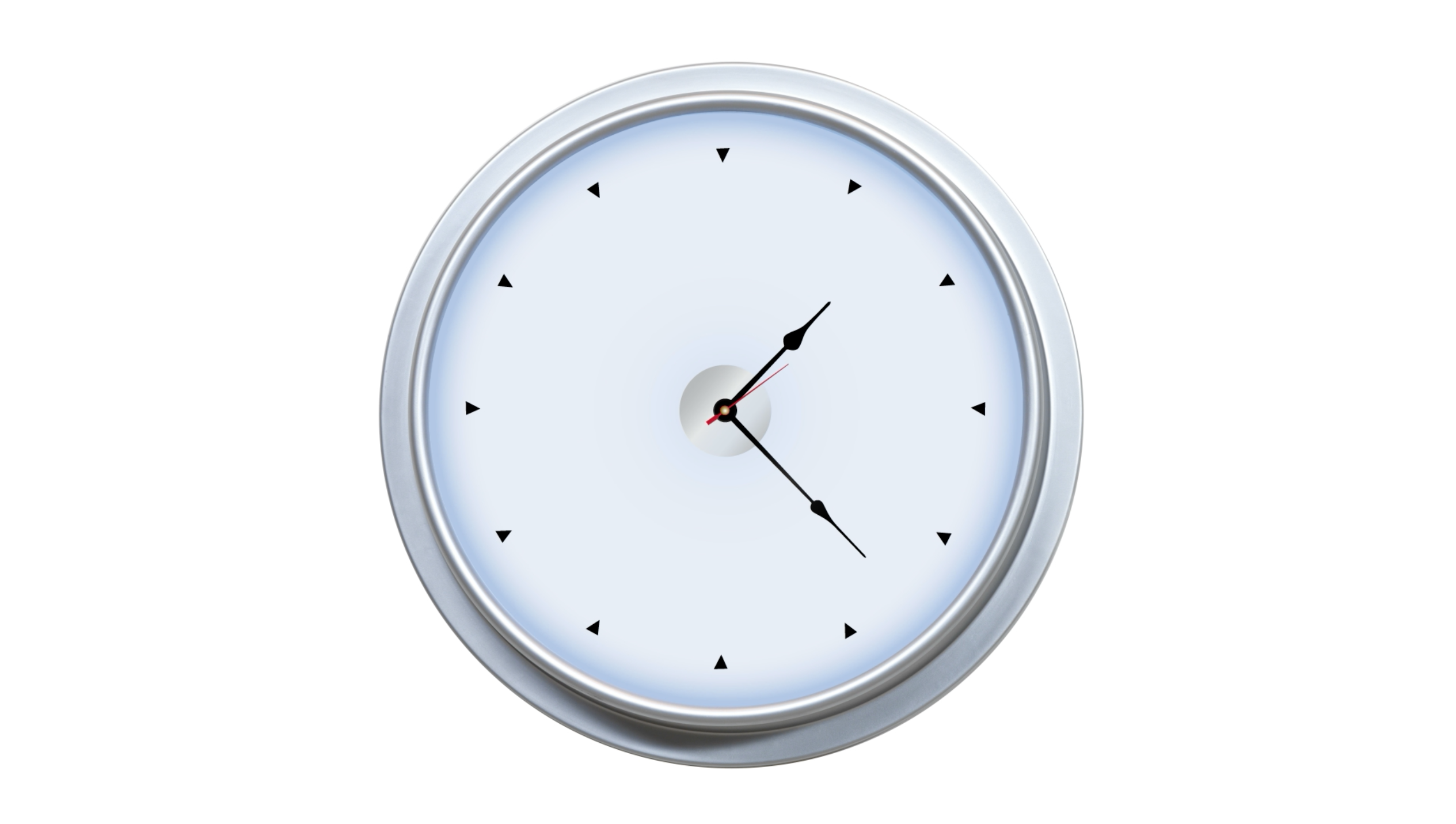
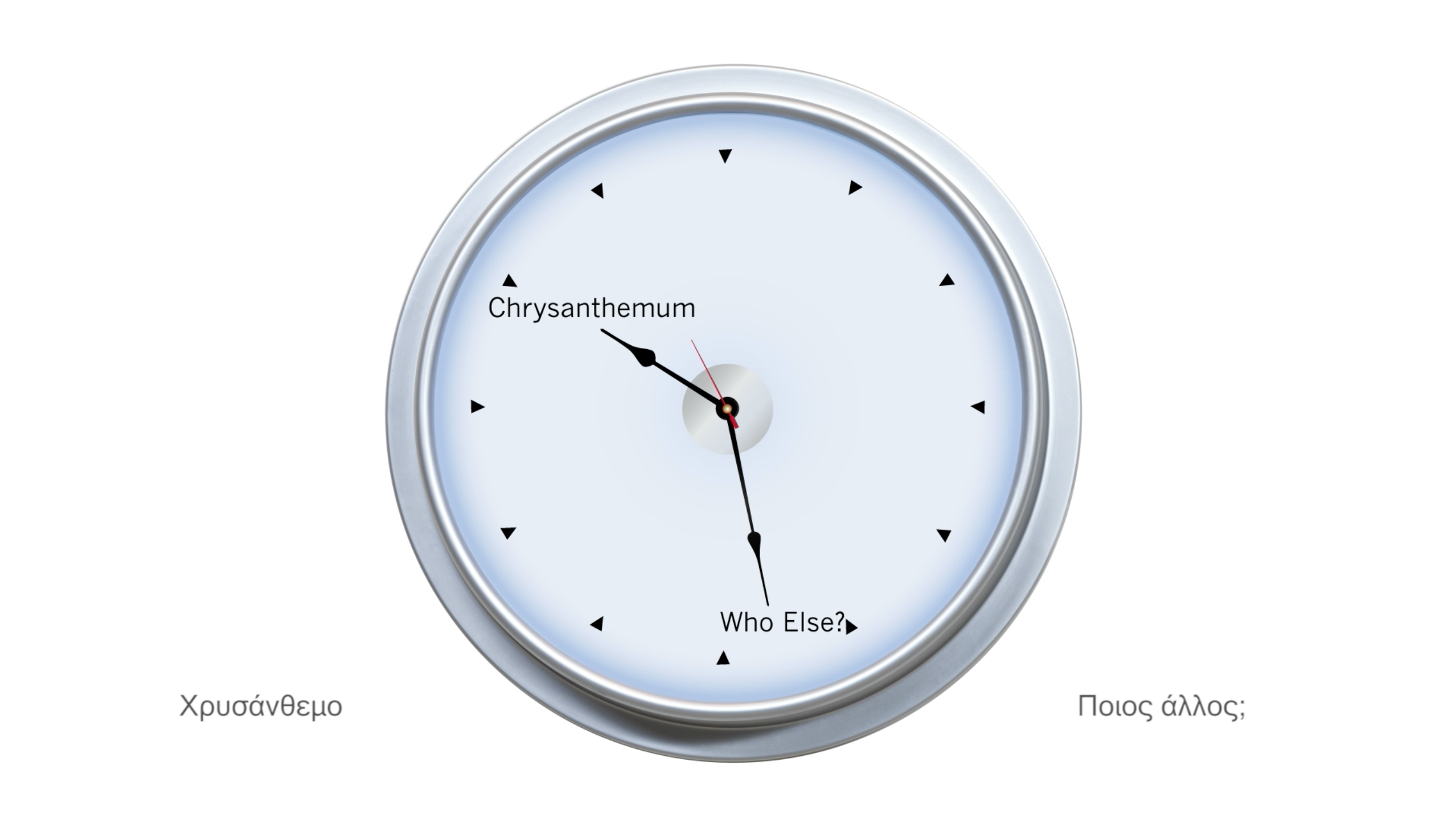

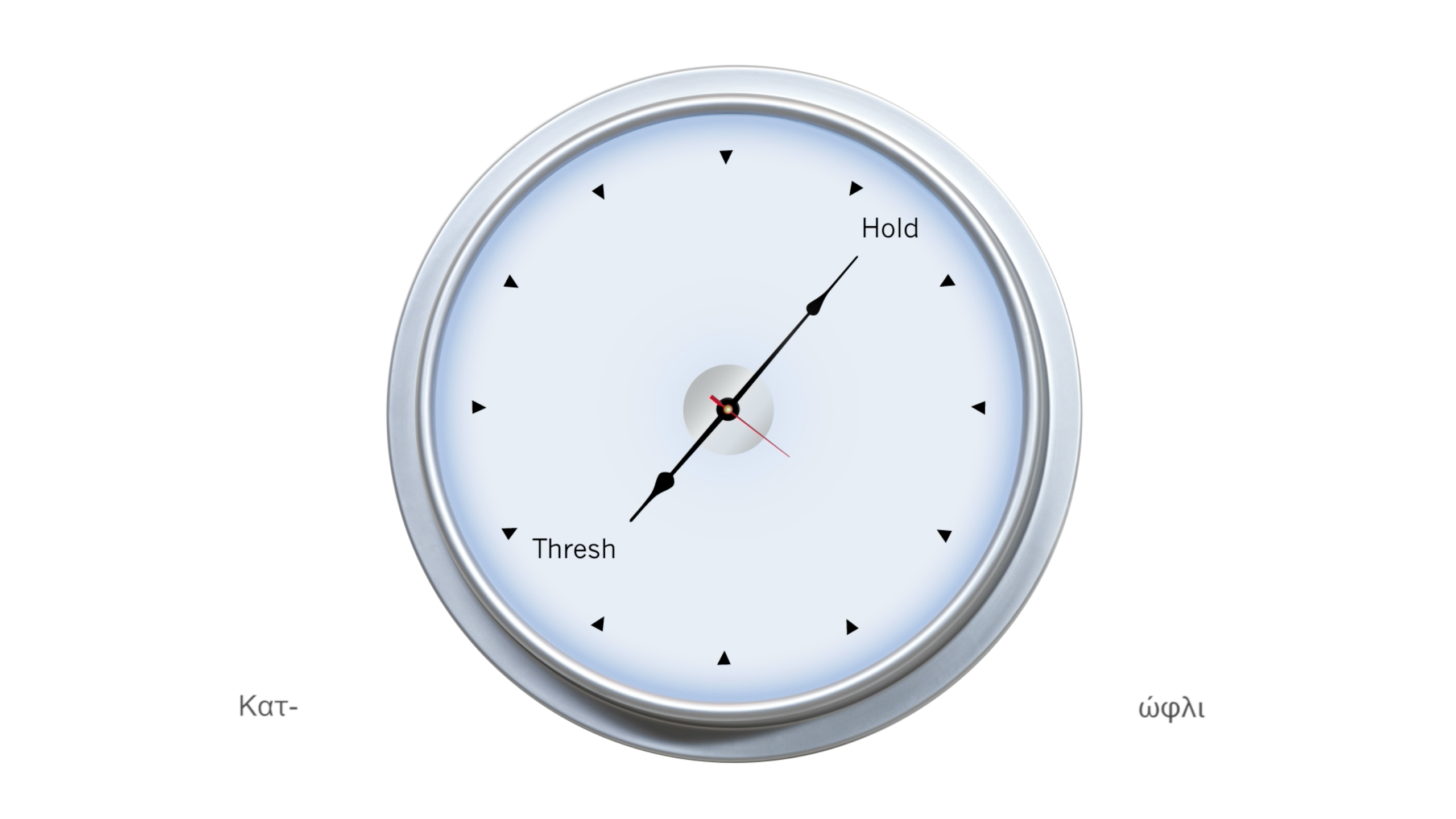
Click here to watch the video (email us on studio@raqsmediacollective.net to request access)
A Day in the Life of Kiribati
Clock, nameplate, tape
Exhibited at Asamayavali/Untimely Calendar at National Gallery of Modern Art (NGMA), New Delhi (2014)
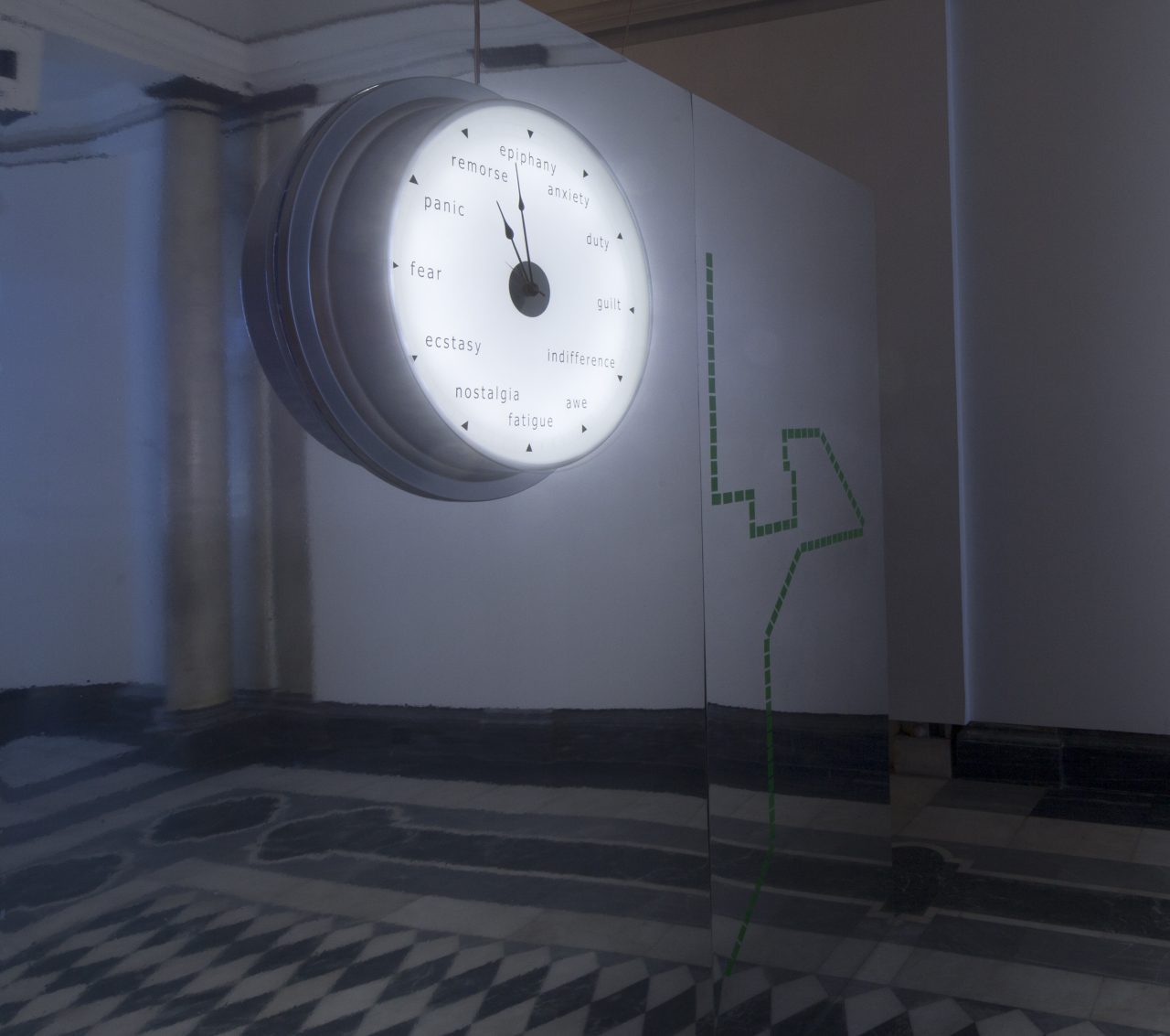
For ‘Asamayavali/Untimely Calendar’, the clock gives the time of Kiribati, the first land on Earth to switch the calendar over to 2000, and which could be the first place on this planet to disappear with rising sea levels because of global warming.

The Ecliptic | 2014
Clock, aluminium, acrylic, LED lights, 55 x 55 x 15 cm
‘The Ecliptic’, an inscribed tablet, a bespoke clock, alters the interval between moments with words, light and syncopated impulses of electricity. TIME is constant, time is flux. The ecliptic marks the path of the sun in the sky. Along it the seasons change, along it the days unfold, along it time freezes and thaws. It’s arc offers passage out of here, out of now, everyday, all the time.
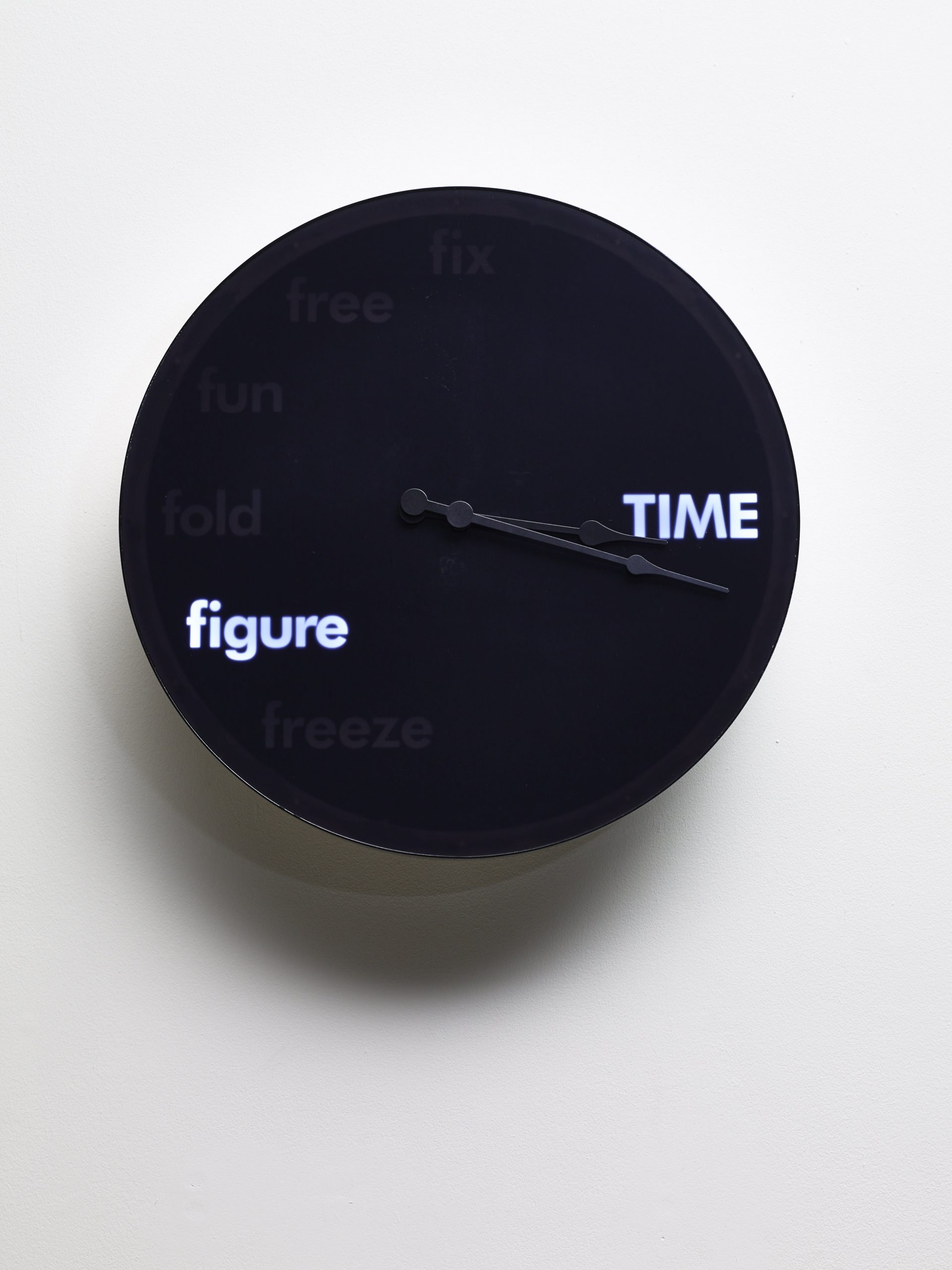
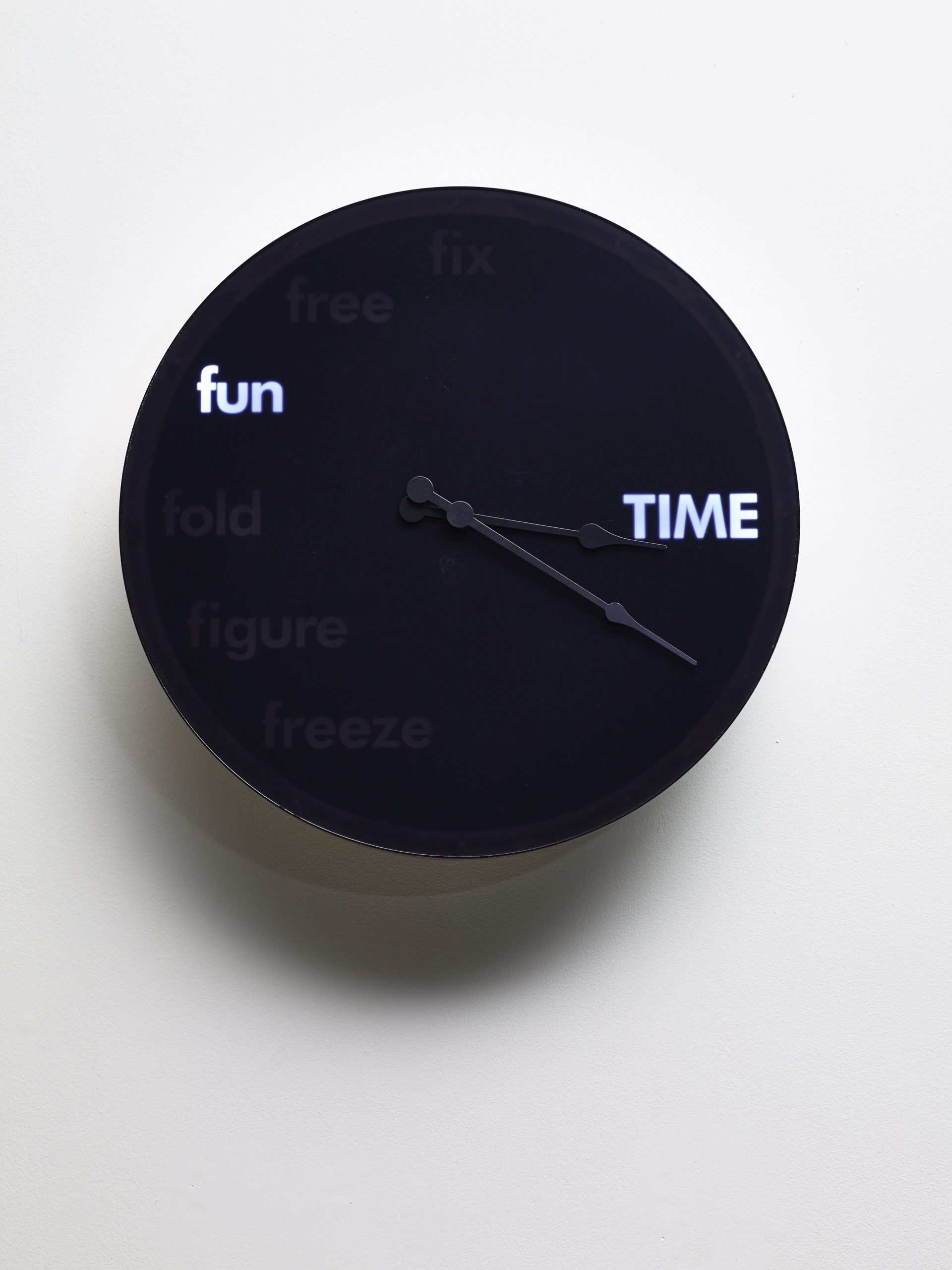

Sleep, Clock |2018
Two synchronised lenticular fields, Clock Faces, Text ( 2 X 2 ft. each)
Project 88 | Mumbai
